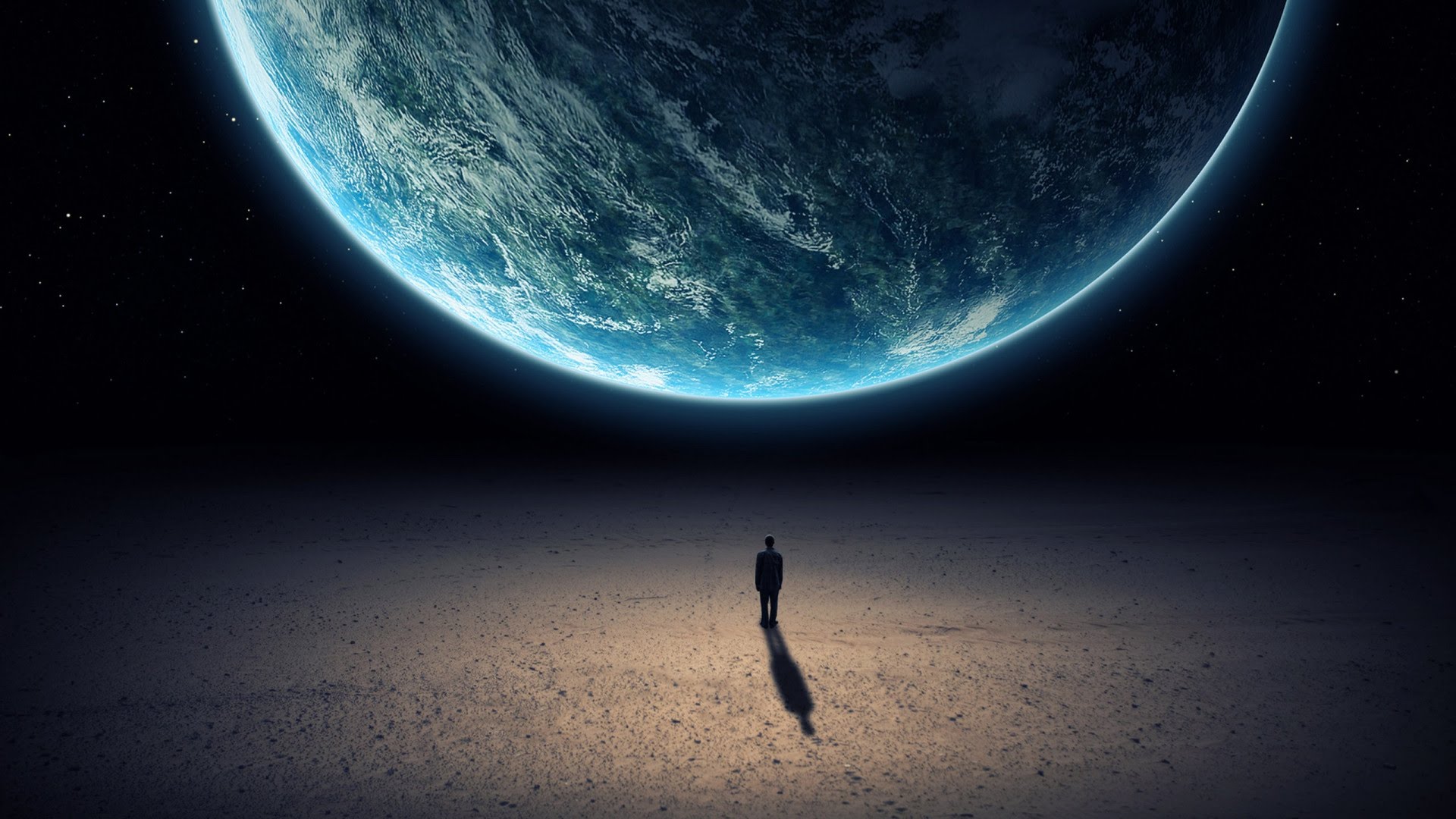I learned a new word the other day–Weltanschauung. Obviously a German mouthful, it means “a comprehensive conception or theory of the world and the place of humanity in it, a worldview.” The word can point toward the limits of words and concepts, indeed of cognition itself.
 Our worldviews govern our relationship (or lack thereof) to the Earth and to humanity. Knowing what they are, and taking a playfully serious attitude toward examining them, is therefore of the highest importance.
Our worldviews govern our relationship (or lack thereof) to the Earth and to humanity. Knowing what they are, and taking a playfully serious attitude toward examining them, is therefore of the highest importance.
Most people are unaware of their worldviews, and so react from them. On the other hand when a worldview isn’t set, but is questioned and examined, it’s transformed into a growing understanding of humankind’s place on the earth and in the universe.
What used to be a philosophical exercise—the examination of worldviews–has become essential to living in the global society. This is a secret that the elites will never tell you, because they traffic in ignorance and propaganda, not in insight and understanding.
“The concept of Weltanschauung,” one learns, “has played an important role in the development of psychoanalysis, critical theory, and 19th and 20th century hermeneutics.”
Modern ideas about worldviews go back to the German philosopher Wilhelm Dilthey, whose life and work spanned a good portion of the 19th century and the beginnings of the 20th. Dilthey wanted to do for the so-called human sciences what Kant did for the natural sciences—establish the possibility of objective knowledge.
Dilthey tried to have things both ways however—“establish universal validity for judgment in the human sciences” (now called the humanities), while maintaining that everyone “must recognize their immersion in a particular historical situation and tradition.”
The contradiction has never been resolved. Most Western philosophers have taken the easy way out, insisting that humans are inevitably “hermeneutical (interpretive) creatures,” incapable of direct perception and freedom from conditioned contexts of history and tradition. Indeed, this view has become dogma.
As Western civilization has unraveled into a morass of subjectivity and relativism, we’re reaping the results of Kant’s idea of objective knowledge, which is false on the face of it. “Objective truth” is an oxymoron; there is no separate observer that can stand apart from reality, natural or human, and say with certainty and finality, “this is the way things are.”
That doesn’t mean there is no such thing as truth, only that truth is dynamic, not a function of knowledge, and there is no privileged position from which we can ascertain the truth. Accurate perception lies in negating the separate observer, not in imagining some supra-rational entity that can determine the truth.
If “one can know an object only from within one’s peculiar and historically conditioned Weltanschauung,” as Heidegger claimed, and we are inextricably embedded in historical backgrounds from which we are never fully aware, then human beings can never be free.
The only serious challenge to the Kantian Weltanschauung in Western philosophy came from Edmund Husserl (1859-1938), who said, correctly, that “objects are not located in objective or autonomous space and time; they do not exist outside a detached observer who can come to know them objectively and finally.”
Husserl’s “goal was to strip away the preconceptions of history and science so that consciousness can understand the object as it really is.” Unlike the phenomenology and hermeneutics that came after him, Husserl was pointing in the right direction.
However Husserl was hamstrung by his belief (shared with Freud) that “both the natural world and the cultural world are ultimately transparent to the power of human cognition.”
The fact is that as long as human cognition dominates the brain, there cannot be direct perception and insight into what is. It’s only when the observer ends and the mind-as-thought falls silent that we see things as they actually are.
Is a worldview of which one is deeply aware still a worldview? To my mind, worldviews always depend to some degree on subconsciousness and fixity. When there is ongoing questioning and checking of one’s worldview, one’s Weltanschauung is transformed into growing understanding.
Rightly approached, our worldviews are sources of exploration and inquiry, both within ourselves and with others. That means universality, which has become spiritually, philosophically and politically imperative, lies in exploration and insight, not in science and knowledge.
The world is no longer comprised of distinct cultures, each with their own worldview. The world has become a global society to which everyone belongs. Therefore the prevailing idea that “people always find themselves within a particular language and culture” has become moot, beside the point.
Of course the reality of being conditioned creatures has not ended. But that only means, in our fractured global society, that the examination and exploration of our worldviews has become essential to living together with some degree of harmony.
Martin LeFevre

